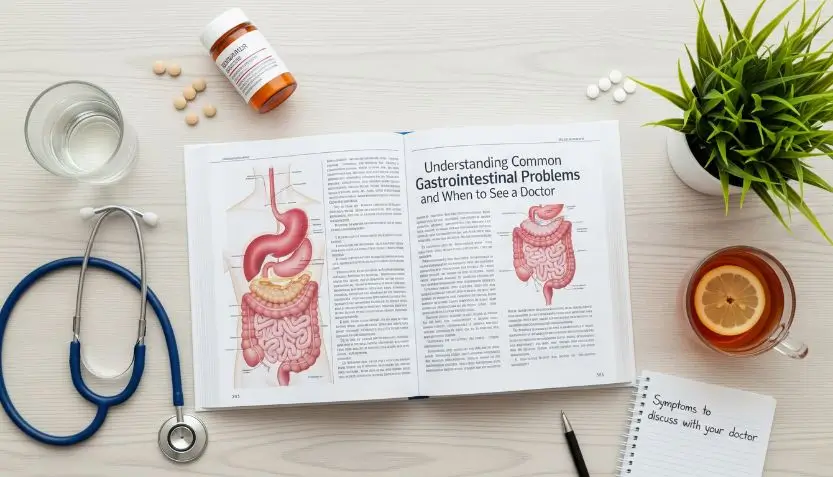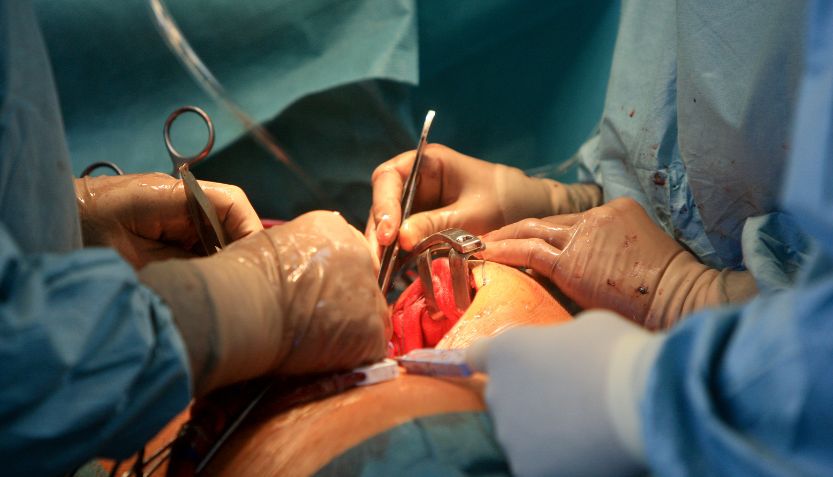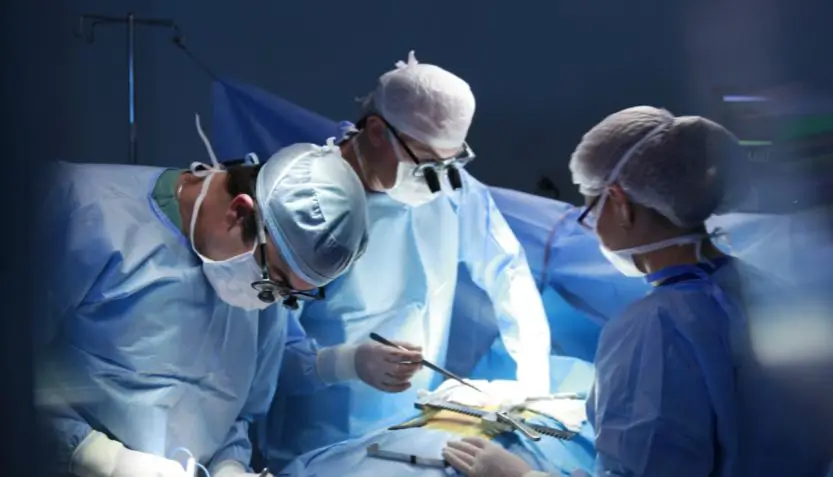
Digestive health plays an important role in our overall well-being. The gastrointestinal (GI) system helps our body absorb nutrients, digest food, and eliminate waste. When this system does not function properly, it can cause discomfort, pain, or even serious illness. Many people experience stomach pain, acidity, constipation, or other digestive issues at some point in their life. While some problems are temporary and can be managed with home remedies or lifestyle changes, others require medical attention. Understanding the common gastrointestinal problems, their symptoms, and knowing when to visit a doctor can help prevent complications and ensure better health.
Common Gastrointestinal Problems
1. Acidity and Heartburn
Acidity occurs when stomach acid flows back into the food pipe, causing a burning sensation in the chest, known as heartburn.
Causes may include:
- Eating spicy or oily foods
- Irregular meals or overeating
- Excess coffee, tea, or alcohol
- Stress and lack of sleep
Symptoms: Burning in the chest, sour taste in mouth, bloating.
When to worry: If symptoms are frequent (more than twice a week), it may indicate gastroesophageal reflux disease (GERD) and should be evaluated by a doctor.
2. Gastritis and Stomach Ulcers
Gastritis refers to inflammation of the stomach lining, often caused by infection, painkillers, or alcohol. When this becomes severe, ulcers (small sores in the stomach lining) may develop.
- Symptoms include: Stomach pain, nausea, vomiting, bloating, and indigestion.
- Risks: If left untreated, ulcers can cause bleeding or perforation.
- Doctor visit needed if: There is severe abdominal pain, blood in vomit, or black stools.
3. Gallbladder Stones
Gallstones are hardened deposits in the gallbladder that may cause pain when they block the bile ducts.
- Symptoms: Pain in the upper right abdomen (especially after fatty meals), nausea, and indigestion.
- Complications: Can lead to infection or jaundice.
- Treatment: Laparoscopic gallbladder removal is often recommended for recurring problems.
4. Hernia
A hernia occurs when an internal organ pushes through a weak spot in the abdominal muscles.
- Common types: Inguinal hernia, umbilical hernia, and incisional hernia.
- Symptoms: Visible bulge in the abdomen, pain while lifting, coughing, or bending.
- Treatment: Surgery is usually required, with laparoscopic hernia repair being a safe and effective option.
5. Piles (Hemorrhoids)
Piles are swollen veins in the rectum or anus that cause discomfort and bleeding.
- Symptoms: Pain during bowel movements, blood in stool, itching, swelling near the anus.
- Causes: Constipation, pregnancy, prolonged sitting.
- When to see a doctor: If bleeding is frequent or severe pain persists.
6. Constipation and Diarrhea
Both are common digestive issues that may indicate an underlying problem if persistent.
- Constipation: Difficulty passing stools, hard stools, fewer than 3 bowel movements per week.
- Diarrhea: Loose, watery stools more than 3 times a day, sometimes with dehydration.
- Doctor consultation required if: Symptoms last longer than 2 weeks, or if there is blood in stool.
7. Appendicitis
Appendicitis is inflammation of the appendix, a small pouch in the lower right abdomen.
- Symptoms: Sudden sharp pain in the lower right abdomen, nausea, vomiting, fever, and loss of appetite.
- Emergency: Surgery (appendectomy) is the only treatment. Delay can cause rupture and severe infection.
8. Fatty Liver Disease
Excess fat deposits in the liver may cause fatty liver disease, often linked to obesity, diabetes, or alcohol consumption.
- Symptoms: Often silent in early stages; fatigue, weight gain, or dull pain on the right side may appear later.
- Risk: Can progress to liver cirrhosis if untreated.
- Prevention: Healthy diet, exercise, and avoiding alcohol.
9. Colorectal Cancer
Cancer of the colon or rectum usually develops slowly but can be life-threatening.
- Symptoms: Blood in stool, sudden weight loss, persistent constipation or diarrhea, fatigue.
- Importance of early detection: Regular screening (especially after 45 years) can help detect early cancer.
When to See a Doctor?
You should consult a gastrointestinal surgeon or specialist if you experience:
- Persistent abdominal pain
- Frequent acidity or heartburn
- Difficulty swallowing food
- Unexplained weight loss
- Blood in stool or vomit
- Severe constipation or diarrhea lasting more than 2 weeks
- A lump or bulge in the abdomen (possible hernia)
Early medical advice helps in proper diagnosis and prevents complications.
Self-Care and Lifestyle Tips for Better Digestive Health
- Eat a balanced diet rich in fruits, vegetables, and fiber.
- Drink plenty of water throughout the day.
- Exercise regularly to improve digestion and reduce obesity.
- Avoid smoking, excessive alcohol, and junk food.
- Eat smaller, frequent meals instead of heavy meals.
- Manage stress through yoga, meditation, or relaxation techniques.
Advanced Treatments: Role of Laparoscopic Surgery
Many gastrointestinal problems such as gallstones, hernia, appendicitis, piles, and even certain cancers are now treated with laparoscopic (keyhole) surgery.
- Benefits include: Smaller cuts, less pain, faster recovery, fewer complications, and shorter hospital stay.
Patients in Bhubaneswar and across Odisha now have access to these advanced surgical options under experienced surgeons like Dr. Lalatendu Mahapatra.
Conclusion
Gastrointestinal problems are common, but they should never be ignored. While some may be mild and temporary, others may require urgent medical attention. Understanding the symptoms and knowing when to see a doctor can save lives and improve quality of life. With modern diagnostic methods and minimally invasive treatments like laparoscopic surgery, most digestive disorders can be effectively treated. Prioritizing digestive health, following a healthy lifestyle, and consulting a specialist at the right time ensures better long-term health and well-being.
Related Posts
A Successful Surgery for a Complex Bile Duct Probl...
A 55-year-old male patient presented to us with a history of laparoscopic cholecystectomy performed six months ago at an...
Read MoreWhy More Patients in Bhubaneswar Prefer Laparoscop...
By Dr. Lalatendu Mahapatra – Gastrointestinal Surgeon at Manipal Hospitals, Bhubaneswar, Odisha Over the past decad...
Read More


